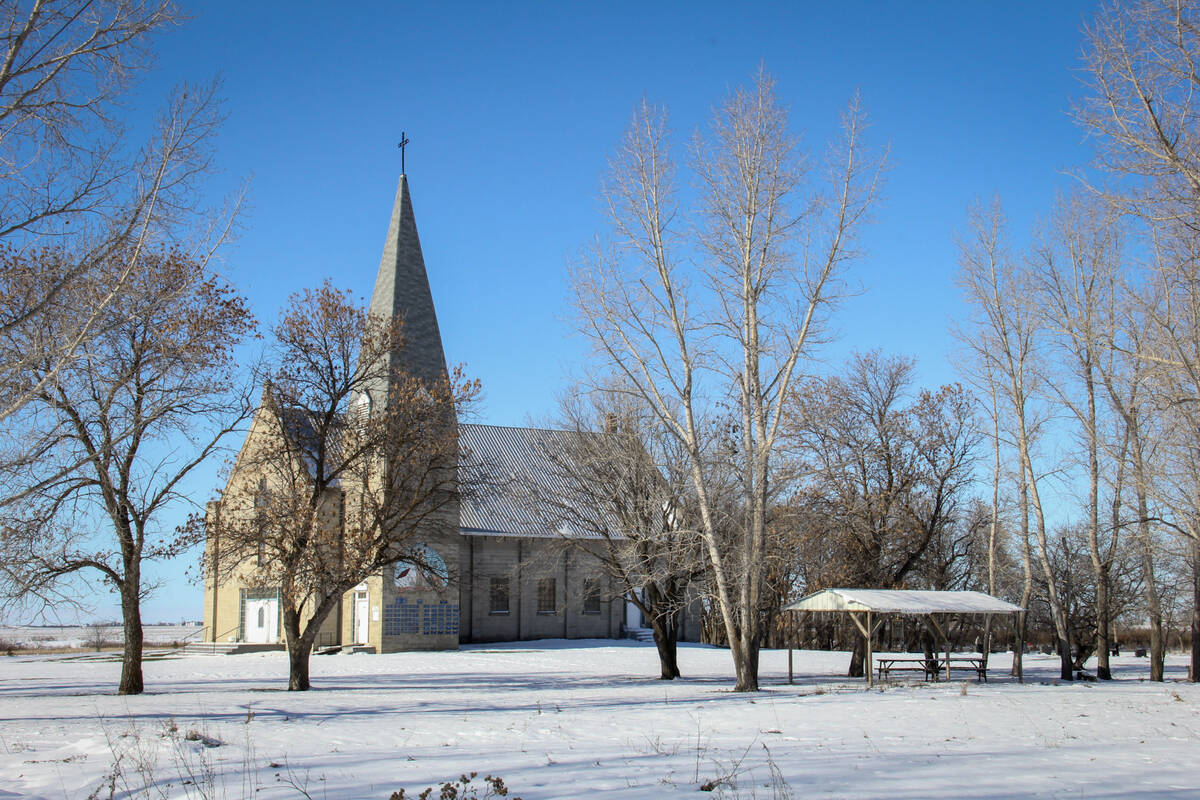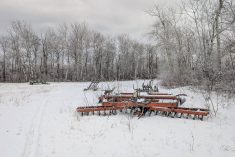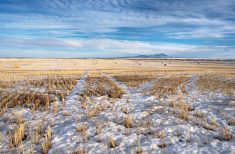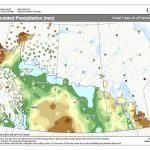Ottawa | Reuters — Allies around the world are promising to boost support for Canada’s fight against hundreds of blazes amid the country’s worst-ever start to wildfire season, which is fueling concerns about the worsening consequences of climate change.
Forest fires continued to burn across Canada on Thursday, forcing thousands of people from their homes and sending a smoky haze billowing over a large swath of the United States.
Although wildfires are common in Canada, it is unusual for blazes to be burning simultaneously in the east and west, stretching firefighting resources and forcing the Canadian government to send in the military to help.
Read Also

Prairie forecast: All aboard the temperature rollercoaster
A series of lows, and the cold and warm air masses that come with them, will make for a temperature rollercoaster on the Prairies.
The United States has sent hundreds of firefighters to Canada over the past few weeks and is sending more.
U.S. Senate Majority Leader Chuck Schumer on Thursday called on Agriculture Secretary Tom Vilsack to double the number of U.S. personnel available to help fight wildfires in Canada.
“The climate crisis is real and it is here to stay. We must take action against the climate crisis, both short-term and long-term,” Schumer said in a speech on the Senate floor.
Prime Minister Justin Trudeau thanked U.S. President Joe Biden for the help on Wednesday, and discussed the need to “work together to address the devastating impacts of climate change,” according to a statement from Trudeau’s office.
France, Portugal and Spain were sending more than 280 firefighters, European Commission President Ursula von der Leyen said on Thursday. South Africa, Australia and New Zealand have also sent personnel.
Some of the worst fires have sprung up in Quebec, where some 12,600 people have had to evacuate their homes, provincial Public Safety Minister Francois Bonnardel told a briefing on Thursday.
“We’re not happy about the situation; though some fires are under control, some (are) not,” Bonnardel told reporters. About 132 fires are currently active in the province, of which 77 are deemed “out of control.” (Click here for Quebec weather radar.)
About 3.8 million hectares (9.4 million acres) have already burned, roughly 15 times the annual average of the past decade, according to federal Emergency Preparedness Minister Bill Blair. Warm, dry conditions were expected to persist in the months ahead.
Wildfire season started unseasonably early in Alberta last month and burned a record area, and Nova Scotia continues to battle its largest-ever blaze.
In parts of British Columbia, which is battling the second-biggest wildfire on record, temperatures were forecast to hit 33 C on Thursday, before thunderstorms and heavy rains arrive on Friday.
Rob Schweitzer, executive director of BC Wildfire, said lightning strikes could spark more blazes in tinder-dry forests and the outcome would depend on how much precipitation comes with the storms.
“When you get 150 or 200 strikes in one day from lightning coming through the province, it’s impossible to have enough resources to suppress them all,” he said.
Wildfires have eased in Alberta, the centre of Canada’s oil and gas industry, but more than 3,000 people remain under evacuation orders and heat warnings are in effect in the south of the province. The province on Thursday reported 73 active wildfires, of which 24 are deemed “out of control.”
Among the other western provinces, British Columbia on Thursday was reporting 79 active fires, of which 30 are listed “out of control.” Saskatchewan reported 29 active fires, with six deemed “not contained,” while Manitoba reported 14 active or monitored fires with three deemed “out of control.”
Further east, Ontario was counting 48 active or observed fires with 18 listed as “not under control.”
Nova Scotia on Thursday was reporting five active fires out of 212 so far this year; its current fires are all deemed under control or being held, while New Brunswick reported two active fires being patrolled. Newfoundland and Labrador is monitoring one “contained” active fire, in Labrador, out of 72 fires so far this year in that province.
— Reporting for Reuters by Nia Williams in British Columbia and Ismail Shakil and David Ljunggren in Ottawa. Includes files from Glacier FarmMedia Network staff.
















